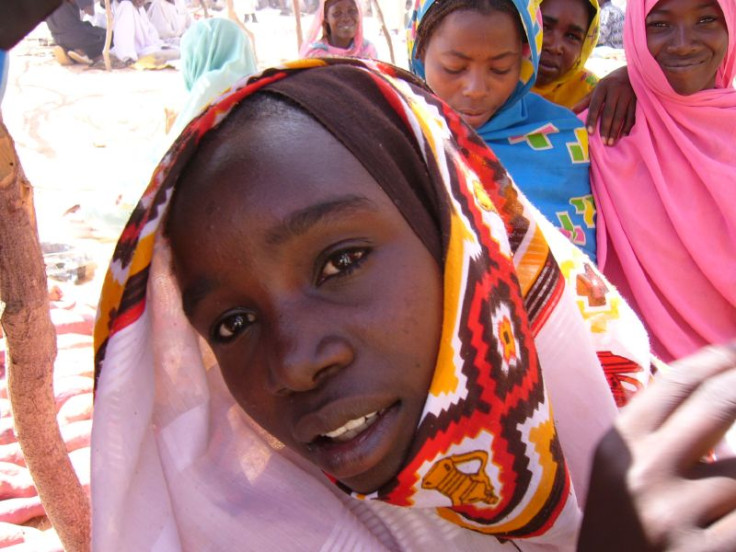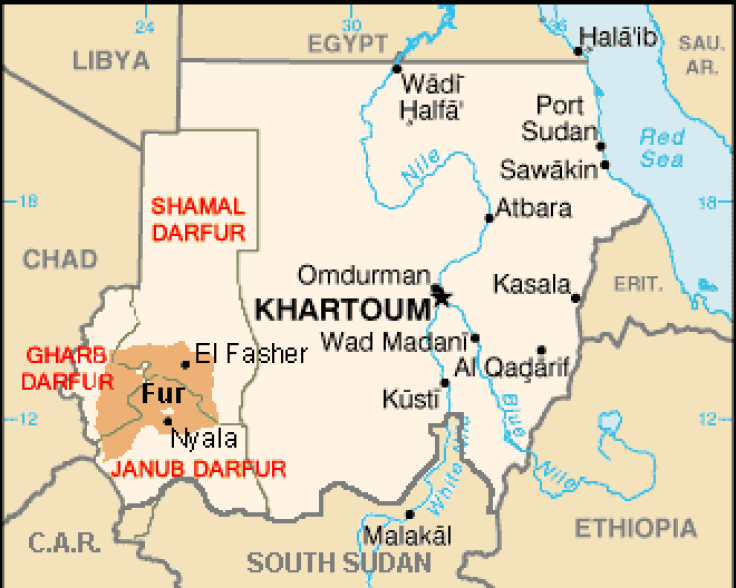Darfur Rampage: Government-Backed Militia Rapes and Kills Dozen


Dozens of civilians were killed and more than 35 villages burned down in attacks by troops of the Rapid Support Forces (RSF), according to Radio Dabanga, which reports from inside Sudan and abroad for people in Darfur.
Thousands of villagers fled the area of Hijer Tunjo, southeast of Nyala, South Darfur, while others are still trapped and hunted down in the desert.
"At least 4,000 'Hemeti militiamen' (RSF) in Land Cruisers approached the area of Hijer at about 1.30pm on Thursday. They started to shoot, killing about 31 villagers instantly, and wounding 23 others, as far as I could count them," a witness told Radio Dabanga.
"Those militiamen looted the houses and set fire to them. They seized more than 20 women and girls, and raped them. The women and girls are still missing."
According to the witness' account, the militiamen accused the villagers of being 'Tora Bora', which means they support and shelter the rebels.
However, the witness stressed that Hijer and neighbouring villages have nothing to do with the rebel groups and urged the international community to intervene and save "civilians from genocide".
Dr Saleh Eisa Mohamed , the Secretary-General of Kalma camp echoed the witness' request of international intervention and appealed to the UN and the UN Security Council to "act as soon as possible, and start an urgent investigation into the attacks on civilians, and bring the perpetrators who committed these heinous crimes to trial".
Mohamed also urged humanitarian organisations to "help out and provide emergency relief for the newly displaced".
According Mohamed, about 5,000 people from the area of Hijer had arrived on Friday, including women and children "who are in a state of shock and in very bad health conditions".
About 11,000 people who fled from the burned villages were trapped by the RSF in the desert, and were denied access to Nyala locality.
According to sources in South Darfur's capital of Nyala, the militias were "supported by Sudan Air Force's fighter jets, and on the ground by government-backed militiamen on camels and horses".
"Those government forces and militias already destroyed agricultural areas with vegetables and fruit at Wadi Beilel. Almost every donkey or horse cart, on its way with vegetables to Nyala, or returning from Nyala to the villages, was assaulted.
"There is no protection at all. Anyone with a rifle has the power to rule over the place he is in," the sources continued.
Darfur conflict
The war in Darfur started in February 2003 when the Sudan Liberation Movement/Army (SLM/A) and Justice and Equality Movement (JEM) rebel groups attacked the Sudan's government.
The government, accused of marginalising the non-Arab population in Darfur, retaliated to the attacks carrying out ethnic cleansings against non-Arabs.
Tens of thousands were killed during the genocide and Sudan's President Omar al-Bashir is accused of crimes against humanity.
A ceasefire was signed seven years later, in February 2010.
Russia and China were accused by Amnesty International of supplying arms to Sudan and therefore contributing to the massacre.
© Copyright IBTimes 2024. All rights reserved.






